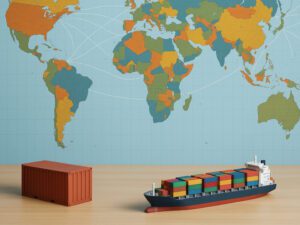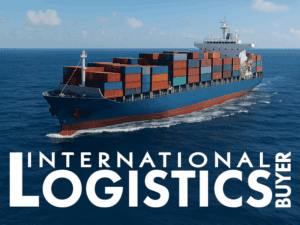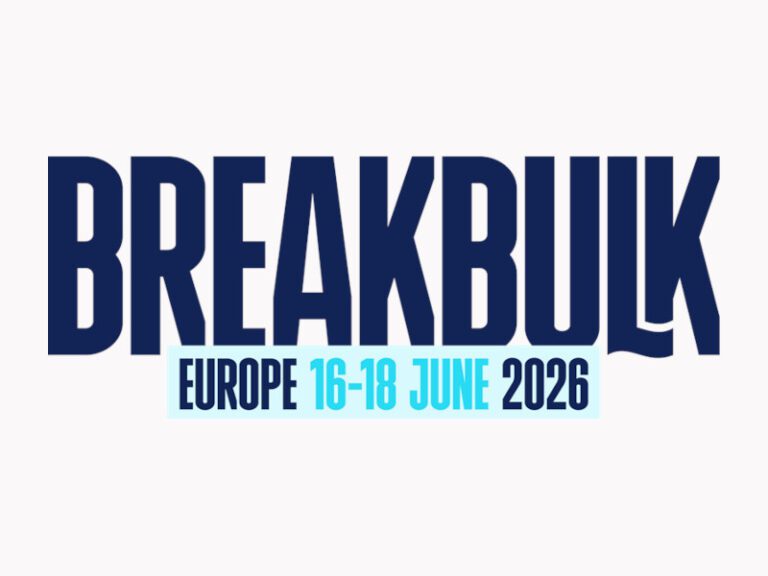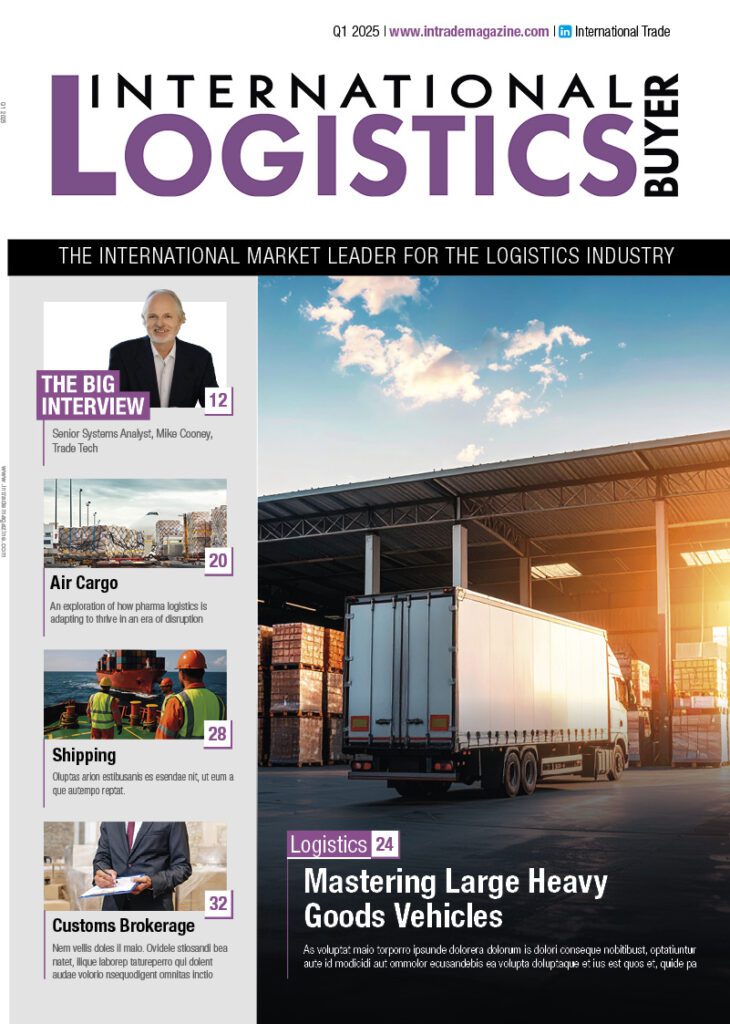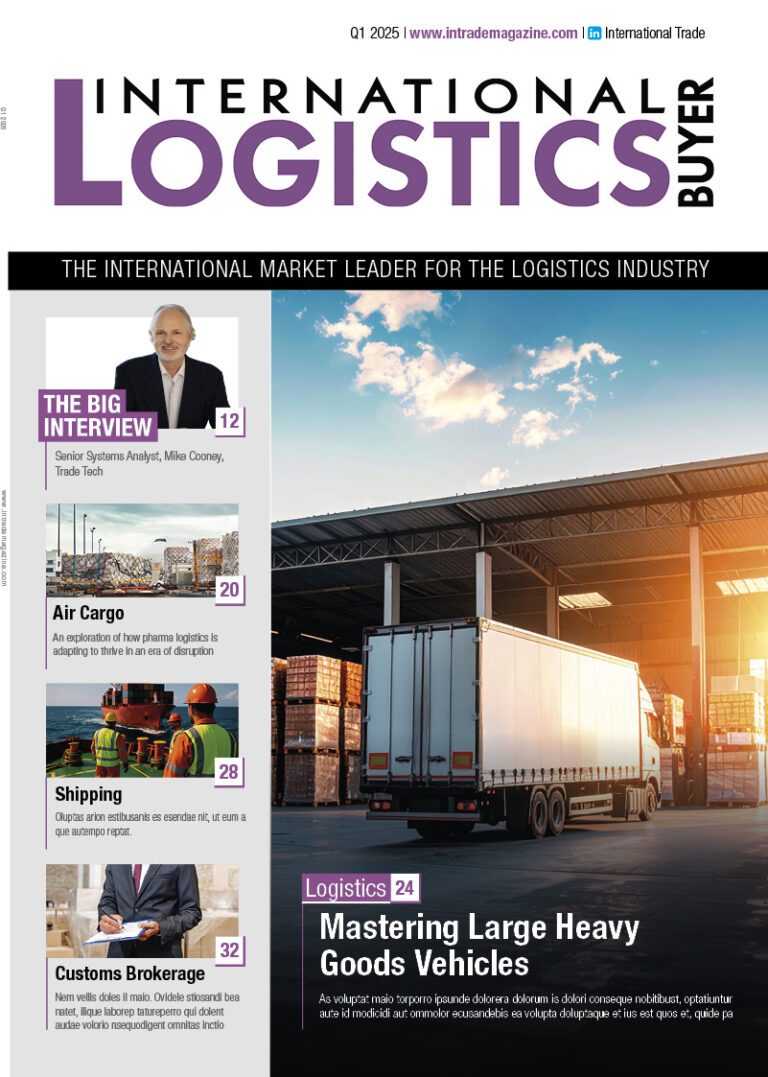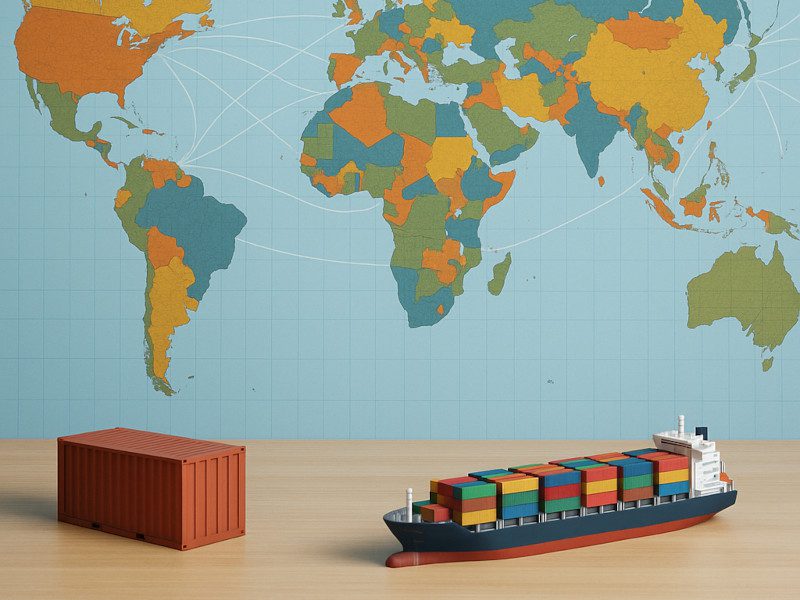NVOCCs Caught in the Middle of Ocean Shipping Reform Act 2022 Requirements for Reporting Demurrage and Detention
Article by: Bryn Heimbeck, President and Co-Founder, Trade Tech Inc.
The Ocean Shipping Reform Act of 2022, passed by Congress without industry input and signed into law on June 16, has left the industry in a difficult position regarding how to comply with the new requirements for invoicing demurrage and detention (D&D) charges.
At issue is the Container Availability Date, which must now be included on all invoices as the critical piece of information that determines the fair assessment of D&D charges. However, container availability differs from the date a container is discharged from a vessel, which has been the current trigger date for demurrage.
In fact, ocean carriers and/or terminals have been unwilling or unable to provide this critical piece of information to Non-Vessel-Operating Common Carriers (NVOCCs). There is no interface currently between the parties that communicates cargo availability information. As a result, they are having difficulty providing this information on their customers’ invoices.
What’s more, it shifts the burden of proof for accurate D&D charges to the ocean carriers and/or NVOCCs, who act as intermediaries between the shippers and ocean carriers.
Further, the law stipulates that failure to include the information required on an invoice with any D&D charge shall eliminate any obligation of the charged party to pay that applicable fee. Shippers and others may also file complaints with the Federal Maritime Commission (FMC) regarding inaccurate D&D invoices. As a result, carriers could be forced to pay refunds and penalties if they are unable to demonstrate the reasonableness of their D&D charges.
If this technology issue concerning communication and data structure for capturing and conveying the Container Availability Date is not resolved, NVOCCs and customs brokers, who frequently advance funds for their customers to ensure the smooth movement of freight, may face a disastrous cash flow situation. As middlemen, they could be dispensing funds for customers who may later assert they do not have to pay the invoice because the D&D charges were incorrectly invoiced.
The new Container Availability Data element must be created, captured, and transmitted both from terminals to carriers, as well as from carriers to customers and service providers.
Interestingly, when we asked the carriers if they would provide the Container Availability Date, they responded that the terminals would. The terminals, however, do not communicate with importers, customs brokers, or NVOCCs. So, how will the carriers connect to the terminals, and how will this actually work? Nobody knows.
To complicate matters further, each ocean carrier has its own ocean tariff and rules for each trade. So, the rules could state that free time begins at midnight the day after discharge, or they could state something else. Each carrier, however, has its own set of rules. As a result, free time begins when the carrier’s tariff specifies. Another moving target is when cargo is available, which is unknown to the carrier until informed by the terminal.
How will the carriers put those invoices together when there is no standard for reporting when the cargo is available? Codifying these definitions, which are not currently reflected in the Ocean Shipping Reform Act, will be critical.
This new law affects both terminal processes and technology in terms of data structure and communication, and it is costly. It took effect without the typical industry commentary or phase-in periods. Normally, laws are broad, and then rulemaking gets specific, especially at the level of key data elements, as we have here. It is unusual for a law to be so specific right away.
Furthermore, the industry has been given no time to prepare, and the FMC has stated that there will be no grace period. The industry needs time to work through this issue.
To read more news and exclusive features see our latest issue here
Never miss a story… Follow us on:
International Trade Magazine
@itm_magazine
@intrademagazine
Media Contact
Anna Wood
Editor, International Trade Magazine
Tel: +44 (0) 1622 823 922
Email: editor@logistics-buyer.com

